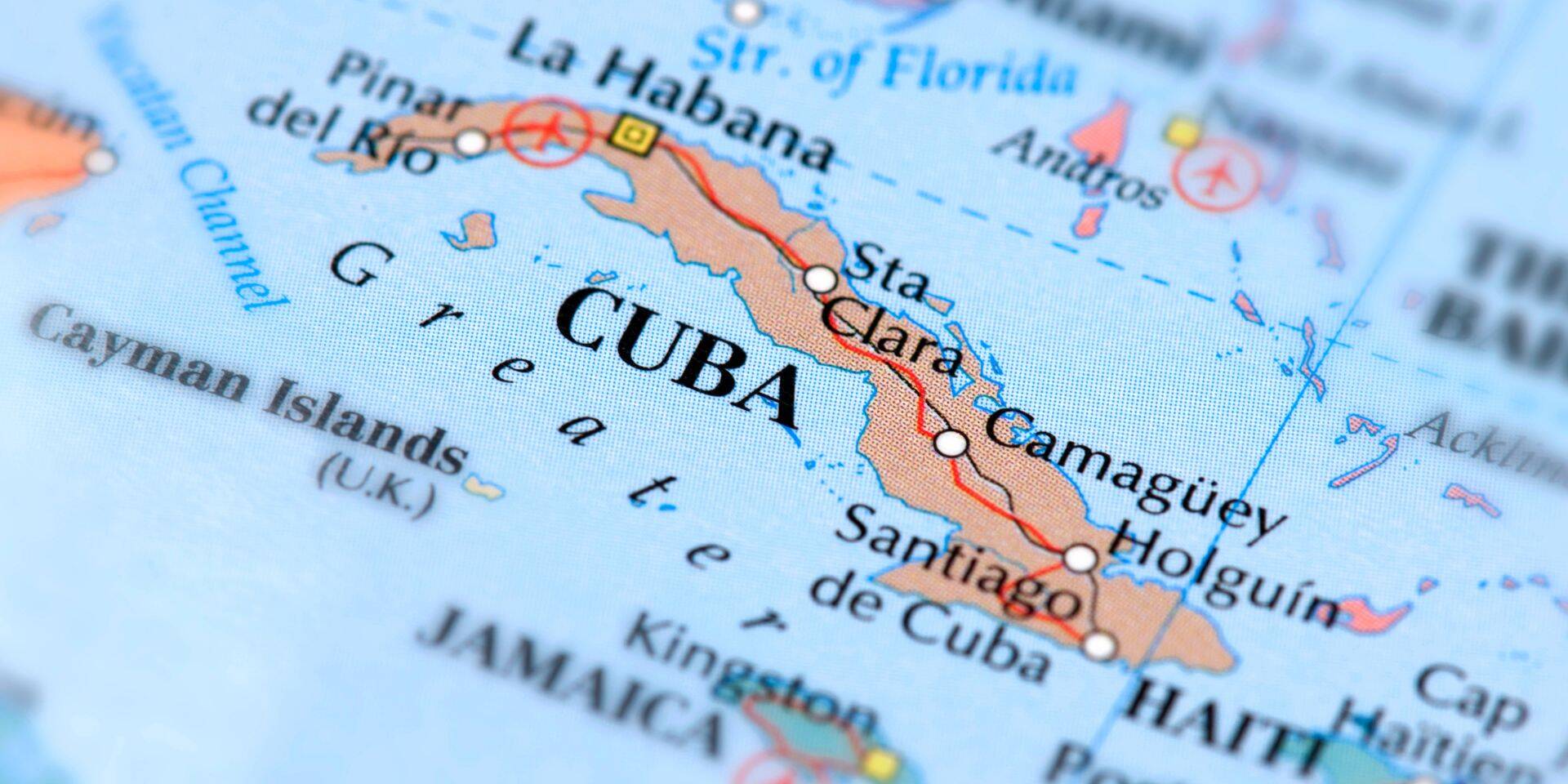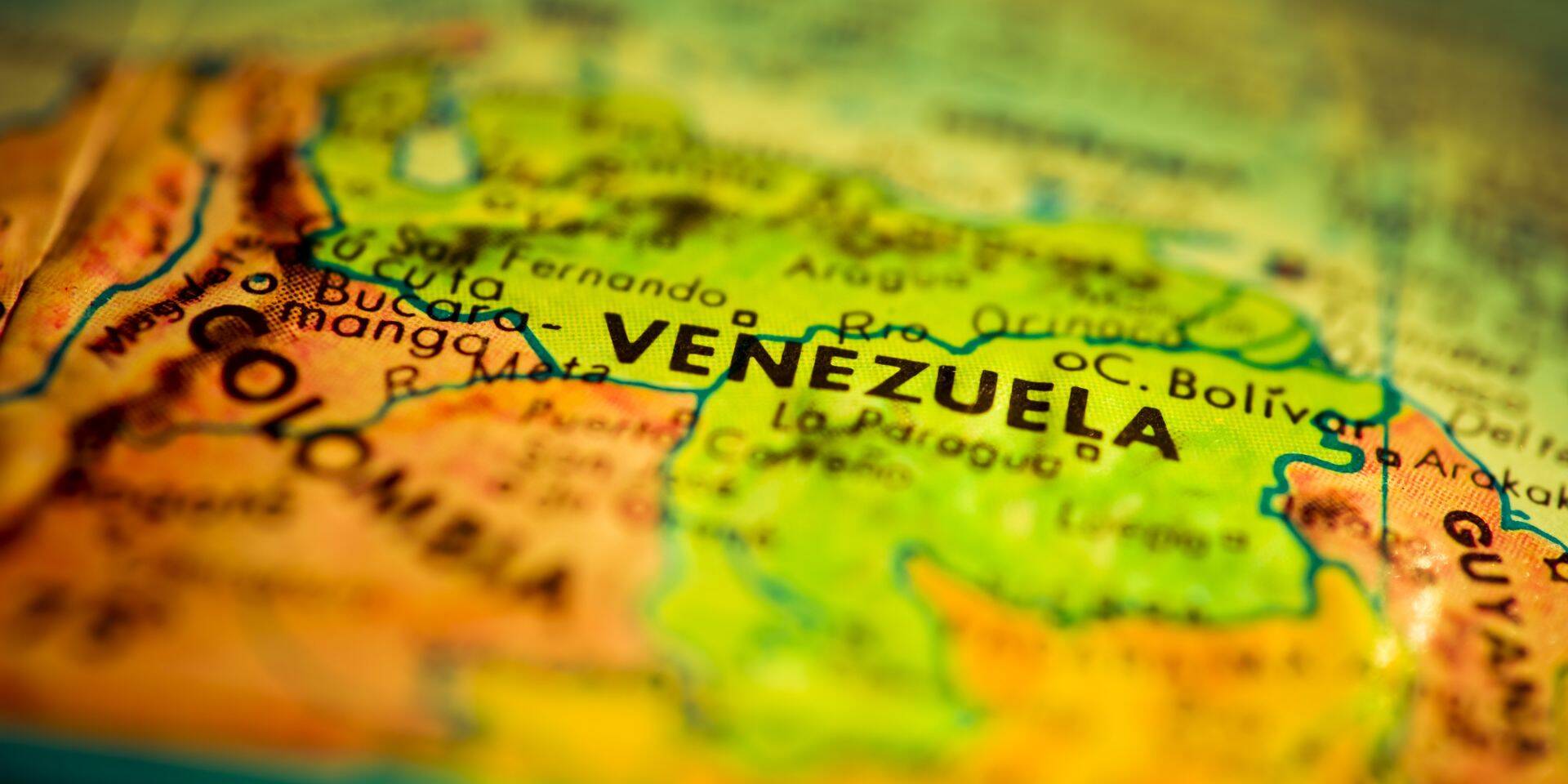Under federal immigration law, USCIS may not issue a green card to a noncitizen that the government believes is likely to rely on government assistance or otherwise become a “public charge.” In 2019, the Trump Administration expanded the definition of “public charge” to include anyone who has received government benefits (now including Medicaid, food stamps, etc.) for more than 12 months over a three-year period.
In doing so, the Trump Administration ushered in changes to the green card application process, requiring applicants to submit a Form I-944. On this form, applicants were required to disclose their debts/financial liabilities, their assets, information about their health insurance, education level, as well as answer a series of questions about any past benefits received. All of these factors were then balanced in order for USCIS to determine the likelihood of any applicant becoming a “public charge.”
To date, this Trump Administration rule has been heavily litigated and challenged by several states and various nonprofit groups. While the litigation has been ongoing for years, the rule was expected to be reviewed by the U.S. Supreme Court, following an appeal by the Trump Administration after the 7th and 9th Circuits issued injunctions freezing the rule. However, today, the Supreme Court dismissed the case following a request from the Biden Administration. In response, the 7th Circuit has already issued a mandate dismissing the public charge appeal as well.
Notably, in February, President Biden ordered a review of the public charge rule through an executive order. Now, having formally requested that the Supreme Court dismiss the appeal as all parties agreed to toss the case, it seems likely that the Biden Administration will scrap the rule altogether.
Now that Trump’s appeal has been dismissed, without further action, the lower court judgments enjoining and setting aside the rule will become the law. It is anticipated that USCIS will issue a statement in the next few days, confirming the rule is no longer in effect. Unless President Biden issues his own public charge rule, which is unlikely, the green card application process will return to its previous requirements. This is welcomed relief in this area of immigration law.
ILBSG will continue to keep its clients up to date on this development. If you aren’t a client, contact us and get the right advice.
Related Posts
April 2, 2025
Judge Rules Venezuelans Can Temporarily Keep TPS Protections
A federal judge temporarily halted the…



